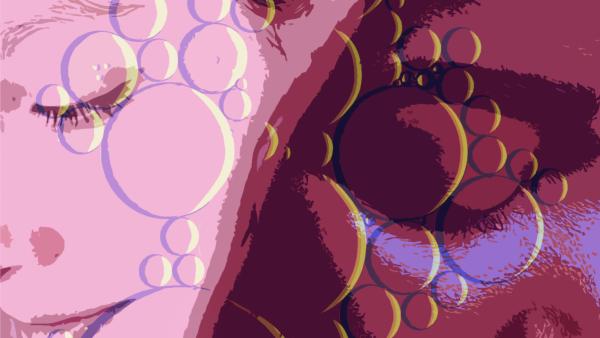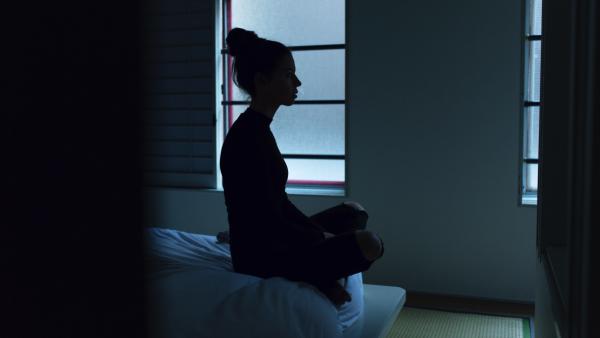What happens when an entire nation is social distancing and avoiding contact? Dr. Tiffany Field, founder and director of the Touch Research Institute at the University of Miami Medical School, tells Anne about the power of therapeutic touch.
Science
Skin is the living tissue that simultaneously protects us from the world, and lets us feel it. In this episode, the politics, biology, and inner life of your skin.
This week's show comes to you from our kitchens and homes. We’re thinking about the heroic doctors and nurses on the front lines of the pandemic.
One way to survive on not quite enough sleep? Writer Daniel Pink swears by what he calls a "nappuccino," a short nap with a cup of coffee. You might want to take notes on this one.
Every night, millions of us turn out the lights hoping and praying for a good night’s sleep. And every night, millions of us lie awake in the dark.
Guy Leschziner is a sleep physician, running one of the largest sleep clinics in Europe, with a specialty in bizarre conditions. He told Steve about the moment he first realized how much sleep matters.
After the excesses of the 1960s — and an ensuing moral panic — psychedelic research was outlawed by the United States government for decades. But today, the research is blossoming as a promising treatment for depression and anxiety.
Exercise is good for you. And while that might seem pretty obvious, Dr. Claudia Reardon says that it goes deeper than that — specific exercises can actually act as effective treatments for specific mental illnesses.








